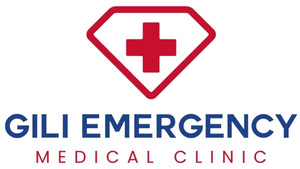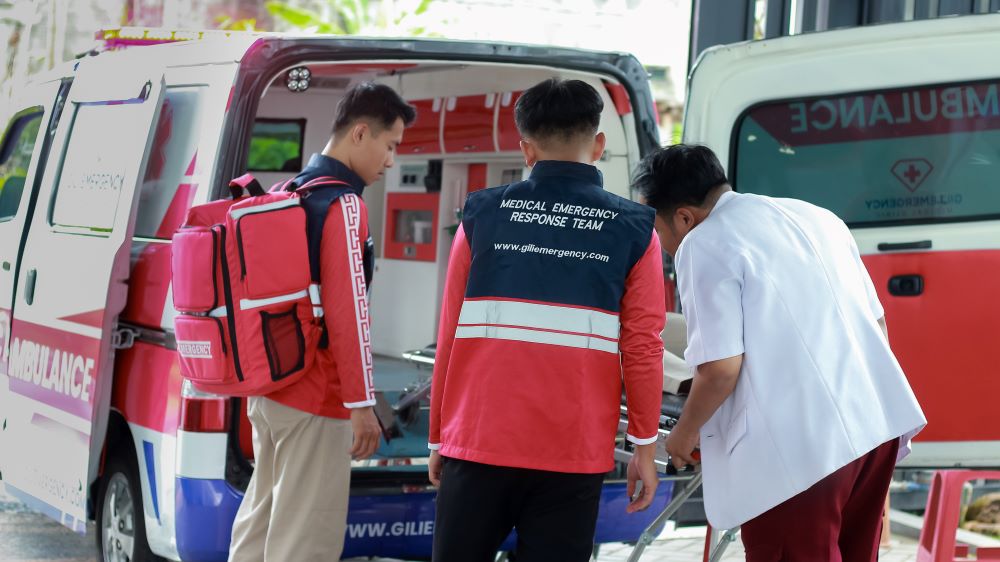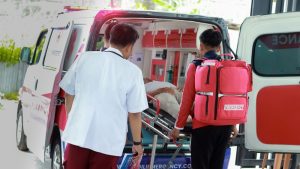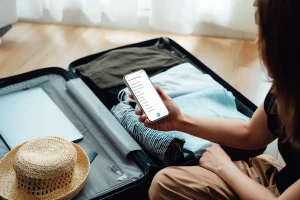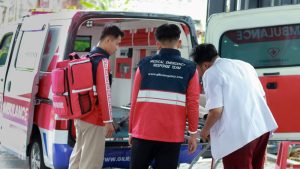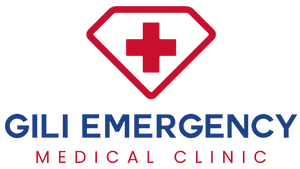If you’re planning a getaway to the beautiful Gili Islands, the phrase Gili Islands medical evacuation may not be top of mind—until it needs to be. Picture this: turquoise water, hammocks, the sound of waves—and then an accident or dive incident. All of a sudden you’re in the world of island-health logistics. Knowing how medical help works here, including how the unique “ambulance Gili” and “Gili medical service” and “Gili emergency service” operate, is the difference between panic and peace of mind.
Why “Gili Islands medical evacuation” is a real topic
The Gili Islands—consisting of Gili Trawangan, Gili Air and Gili Meno—are stunning, yes, but they’re also remote. There are no hospitals on the islands themselves. According to local sources, each island has clinics and health posts, but major hospital infrastructure is on the mainland region of Lombok or further.
That means if something serious happens—say a dive accident, severe trauma, or heart incident—you’re looking at an evacuation. Hence the importance of Gili Islands medical evacuation.
What happens in a “Gili Islands medical evacuation”?
1. Initial response & “Gili medical service”
When you require help, you’ll first rely on a local clinic or emergency post—the kind of “Gili medical service” you can find on the islands. For example, one clinic lists 24/7 emergency care, IVs, oxygen and stabilisation.
2. Transport via “ambulance Gili”
Here’s where you’ll find that “ambulance Gili” is not your usual city ambulance. On the Gili Islands there are no cars in many areas, so transport might use:
-
A makeshift stretcher, a horse-cart (cidomo) or electric buggy on the island.
-
A speedboat “sea ambulance” to cross to Lombok.
-
Once on the mainland, a proper ambulance to a hospital.
3. Full evacuation – the actual “medical evacuation”
If the local clinic deems your case beyond their scope (for example trauma, dive decompression, serious cardiac issue), the “Gili Islands medical evacuation” kicks in. They’ll coordinate transport (boat, sometimes helicopter) and hospital backup.
4. Insurance & logistics
Evacuations cost money and time. Clinics stress confirming insurance covers evacuation and being prepared.
When will you need evacuation? (Recognising serious signs)
Knowing when a “Gili Islands medical evacuation” is needed helps. Here are typical scenarios:
-
A diving accident (decompression sickness, ear or lung barotrauma)
-
Severe bike/scooter crash
-
Sudden chest pain, stroke-like symptoms
-
Major allergic reaction, appendicitis, severe infection
-
Wound/injury that cannot be treated locally
As one source puts it:
“Broken bones, heart issues, diving accidents… stuff you don’t mess around with. That’s when Gili medical evacuation is the move.”
What to expect from the “Gili medical service” and why evacuation might be needed
The Gili medical clinics are competent: English-speaking staff, experience with tourists, basic diagnostics. But:
-
No full hospitals on the islands.
-
No advanced imaging (MRI/CT) for many cases.
-
Evacuation delay possible due to sea/weather.
So if your case involves major surgery or intensive care, “Gili Islands medical evacuation” is not optional—it’s essential.
Step-by-step: How the process usually unfolds
-
Incident happens (bike crash, dive issue, etc).
-
You call nearest “Gili emergency service” clinic.
-
They triage, stabilise you (IV fluids, oxygen, wound care).
-
Decide if evacuation needed. If yes:
-
Arrange “ambulance Gili” type transport to harbour.
-
Speedboat (or in extreme case helicopter) to mainland.
-
Mainland ambulance to hospital.
-
-
Insurance activation & paperwork.
-
Continued care at hospital.
Traveler’s checklist for being prepared
To reduce stress and ensure you’re ready in case you need “Gili Islands medical evacuation”, here are some personalized tips:
-
Buy travel insurance before you arrive. Make sure it explicitly covers medical evacuation from remote areas.
-
Save local clinic numbers on your phone (your accommodation might also have them).
-
Understand transport logistics: no cars, expect boats, sometimes horse carts.
-
Minimize risk: wear helmet when exploring, avoid late-night unlit paths, dive with certified centres, ensure hydration.
-
Carry basic meds: painkiller, anti-nausea, first-aid notes.
-
Tell your dive operator if you have pre-existing conditions—they can plan for “Gili medical service”.
-
Keep copies of your policy, passport ID, local contacts.
Why Gili Islands medical evacuation matters for your peace of mind
When you’re chilling under a palm tree and sipping a fresh coconut, the last thing you want is a medical emergency throwing off your vibe. But knowing how “Gili Islands medical evacuation” works gives you confidence. You’ll be able to enjoy the reefs, the sunsets, the hammocks—without that nagging “what if something happens?” feeling.
And if something does happen, you won’t be alone. The “Gili emergency service” network is built to handle exactly the kind of remote-island challenges that pop up. Quick reaction, adapted transport, overseas hospital backup.
The phrase “Gili Islands medical evacuation” might sound dramatic, but it’s simply part of traveling smart in a paradise that is also remote. Combine that with “ambulance Gili” transport quirks, “Gili medical service” local clinics, and “Gili emergency service” network, and you’ve got a full picture.
Go ahead and live your island-dream on the Gili Islands. But do carry the awareness, the insurance, the contact numbers. Because if you ever need it, knowing how their evacuation system works could turn a scary moment into a manageable one.
So pack your bags, breathe the sea breeze, dive the coral reef—and feel the confidence that you’re covered. Because the keywords matter: Gili Islands medical evacuation.
